PubMed Article Search Assistant - Precise PubMed Searching
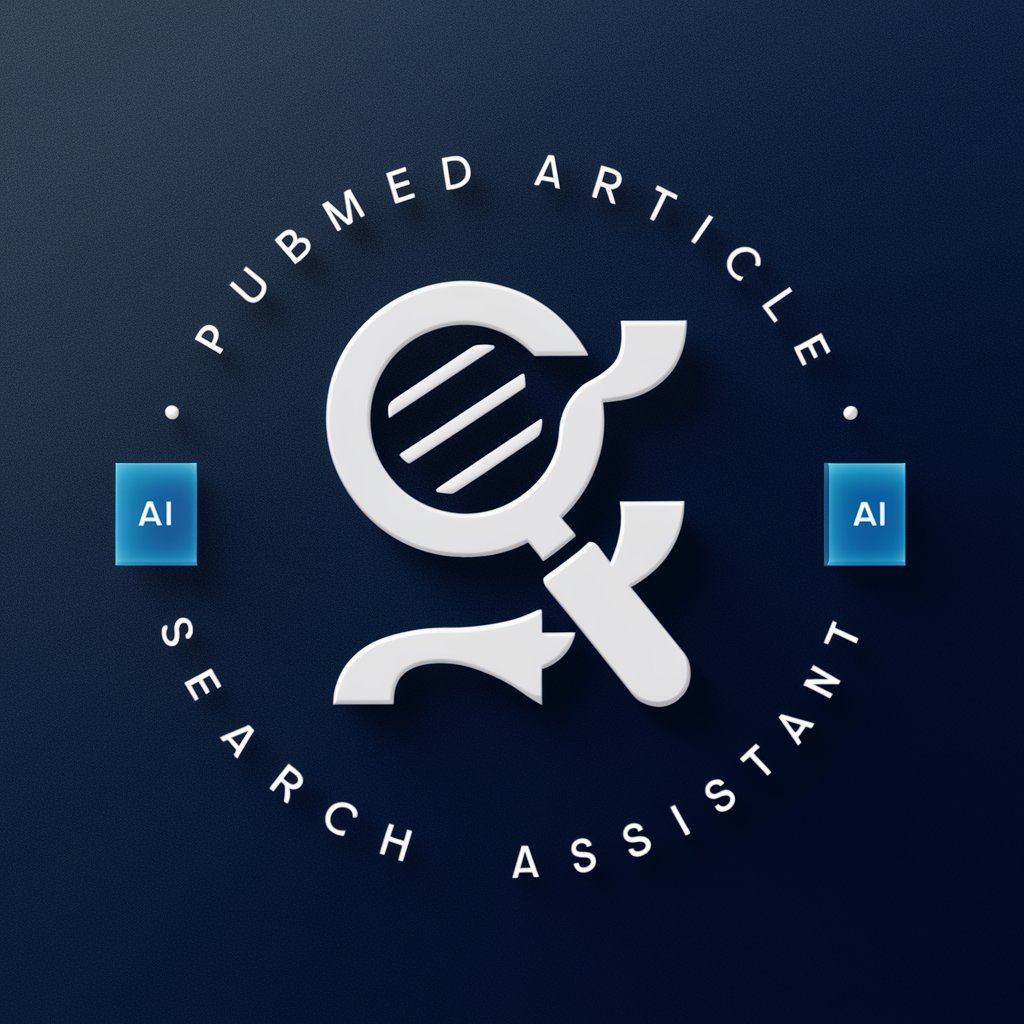
Hello, how can I assist with your PubMed search queries today?
Streamlining Biomedical Research with AI
Formulate a PubMed search query using MeSH terms for...
How can I refine my search strategy in PubMed to include...
What MeSH terms should I use to find articles related to...
Help me create an exhaustive PubMed search query focusing on...
Get Embed Code
Introduction to PubMed Article Search Assistant
The PubMed Article Search Assistant is a specialized AI designed to enhance the research and information retrieval process on PubMed, a free search engine accessing primarily the MEDLINE database of references and abstracts on life sciences and biomedical topics. This assistant is adept at formulating precise search queries, utilizing Medical Subject Headings (MeSH) to ensure comprehensive and exhaustive search results with minimal omissions. It is engineered to provide technical support in query formulation, aligning search terms with the structured taxonomy of MeSH to improve search efficiency and accuracy. Examples of its utility include assisting in identifying the most relevant articles for a systematic review or helping to pinpoint articles that utilize specific methodologies or study specific populations. Powered by ChatGPT-4o。

Main Functions of PubMed Article Search Assistant
Formulating MeSH-Aligned Search Queries
Example
A researcher wants to find articles on the effectiveness of telehealth interventions in managing Type 2 Diabetes. The assistant would help craft a query like 'Telemedicine' [MeSH] AND 'Diabetes Mellitus, Type 2' [MeSH] AND 'Treatment Outcome' [MeSH].
Scenario
This function is vital for systematic reviews or meta-analyses, where comprehensive literature searches are necessary.
Refining Search Strategies
Example
If initial searches yield too many irrelevant results, the assistant could suggest adding specific qualifiers or subheadings, like 'Telemedicine' [MeSH] AND 'Diabetes Mellitus, Type 2' [MeSH] AND 'therapeutic use' [Subheading].
Scenario
This is particularly useful for researchers looking to narrow down results to studies focusing on treatment efficacy or specific intervention outcomes.
Identifying Related Terms
Example
For emerging fields or new interventions, the assistant might suggest broader terms or related concepts to ensure comprehensive coverage, like suggesting 'Remote Consultation' [MeSH] as an alternative to 'Telemedicine' [MeSH].
Scenario
Useful in fields where terminology is evolving rapidly, ensuring researchers don't miss relevant studies due to semantic variations.
Ideal Users of PubMed Article Search Assistant Services
Researchers and Academics
Individuals conducting systematic reviews, meta-analyses, or any research requiring comprehensive literature searches. They benefit from the assistant's ability to optimize search strategies, ensuring relevant and exhaustive search results.
Healthcare Professionals
Clinicians, nurses, and healthcare practitioners looking for evidence-based practices or wanting to stay updated with the latest research findings. The assistant helps them efficiently find relevant studies, saving time and enhancing clinical decision-making.
Students and Educators
Students learning about literature search strategies or educators teaching research methods. The assistant serves as a tool for teaching and learning effective search techniques, making academic research more accessible.

How to Use PubMed Article Search Assistant
1
Begin by accessing a platform offering the PubMed Article Search Assistant service, ensuring no login or subscription is required for an initial trial.
2
Familiarize yourself with Medical Subject Headings (MeSH) terms to refine your search queries, as this tool is optimized for searches using these terms.
3
Construct your search query by combining MeSH terms with relevant keywords pertaining to your research topic to ensure comprehensive results.
4
Utilize the advanced search options to narrow down results by factors such as publication date, article type, and author, enhancing the relevance of search outcomes.
5
Evaluate the results and refine your search strategy as necessary, taking advantage of the tool's capabilities to iteratively improve the precision of your search.
Try other advanced and practical GPTs
Pubmed
Empowering your research with AI-driven insights.
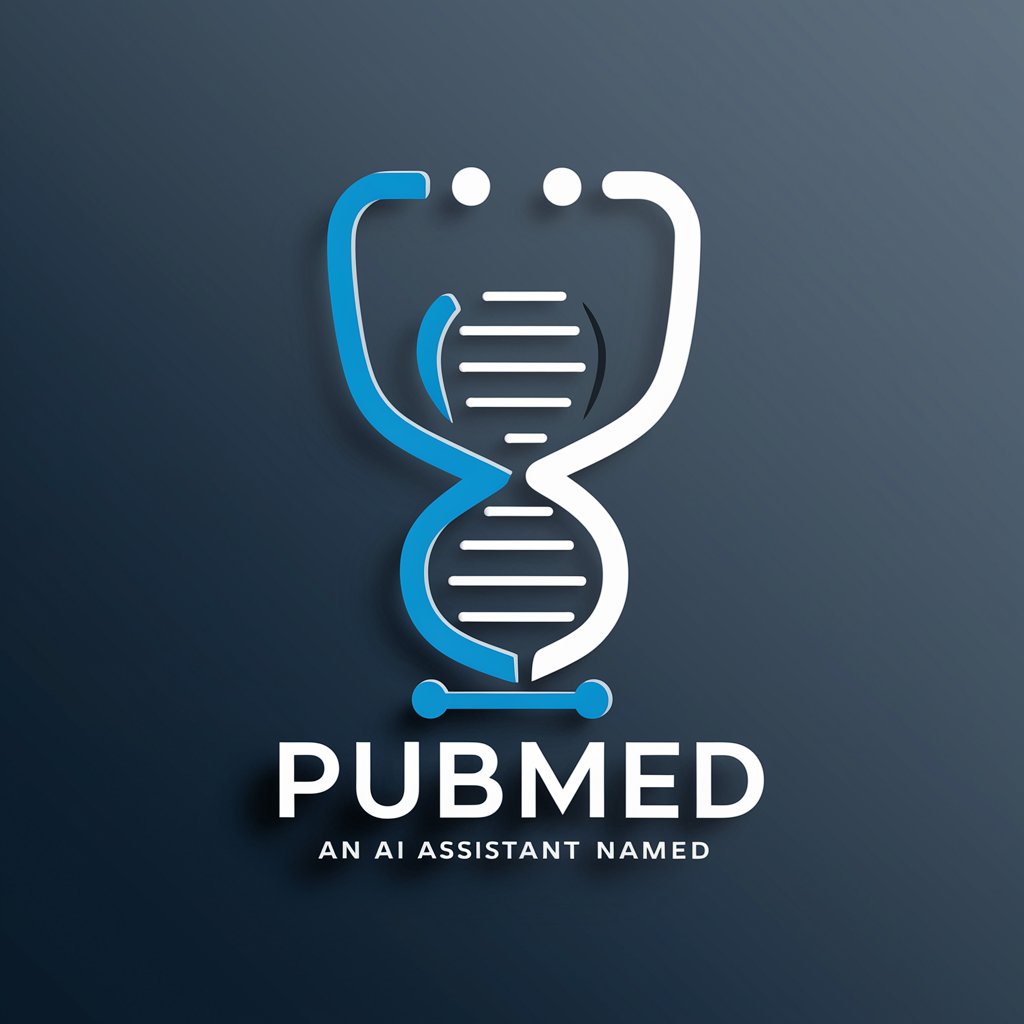
PubMed, Web of Science, & UPDF Navigator
Empowering Research with AI
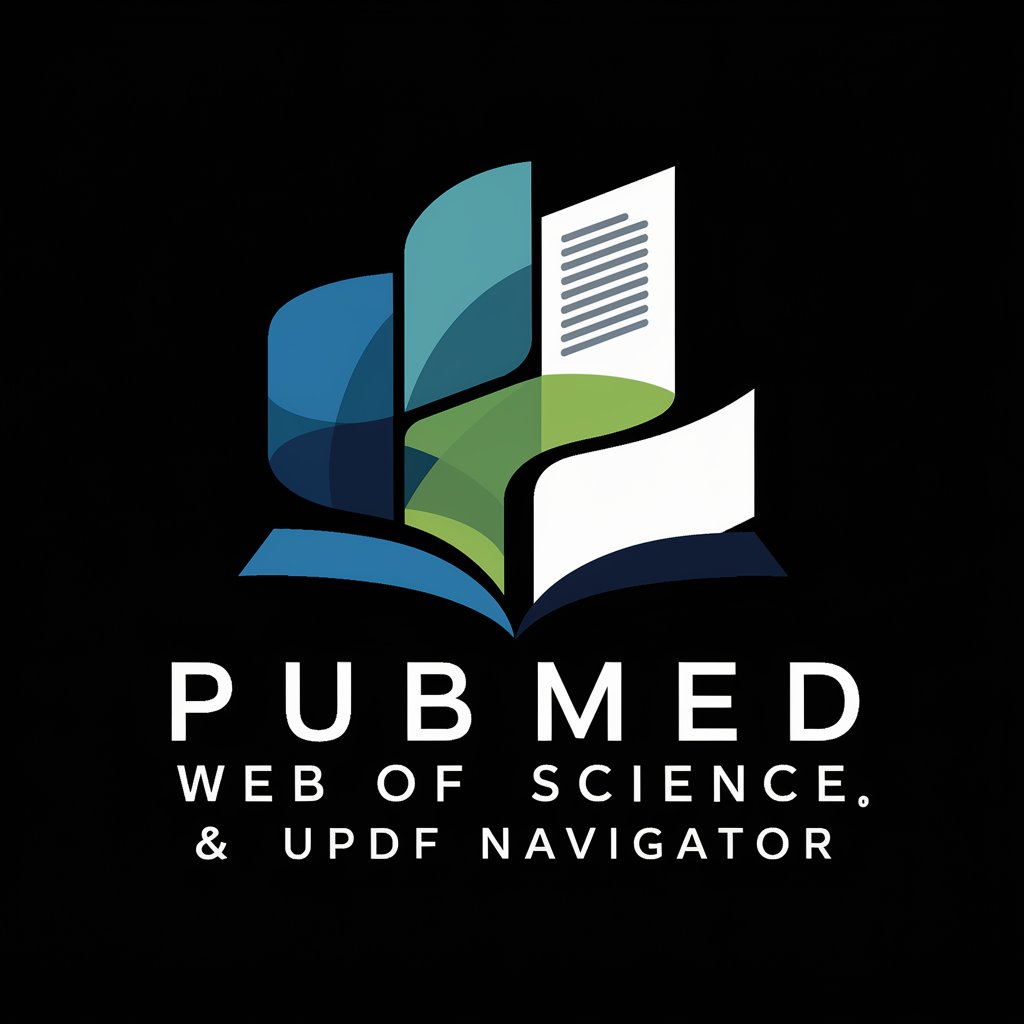
PubMed Explorer
Unlock Medical Insights with AI
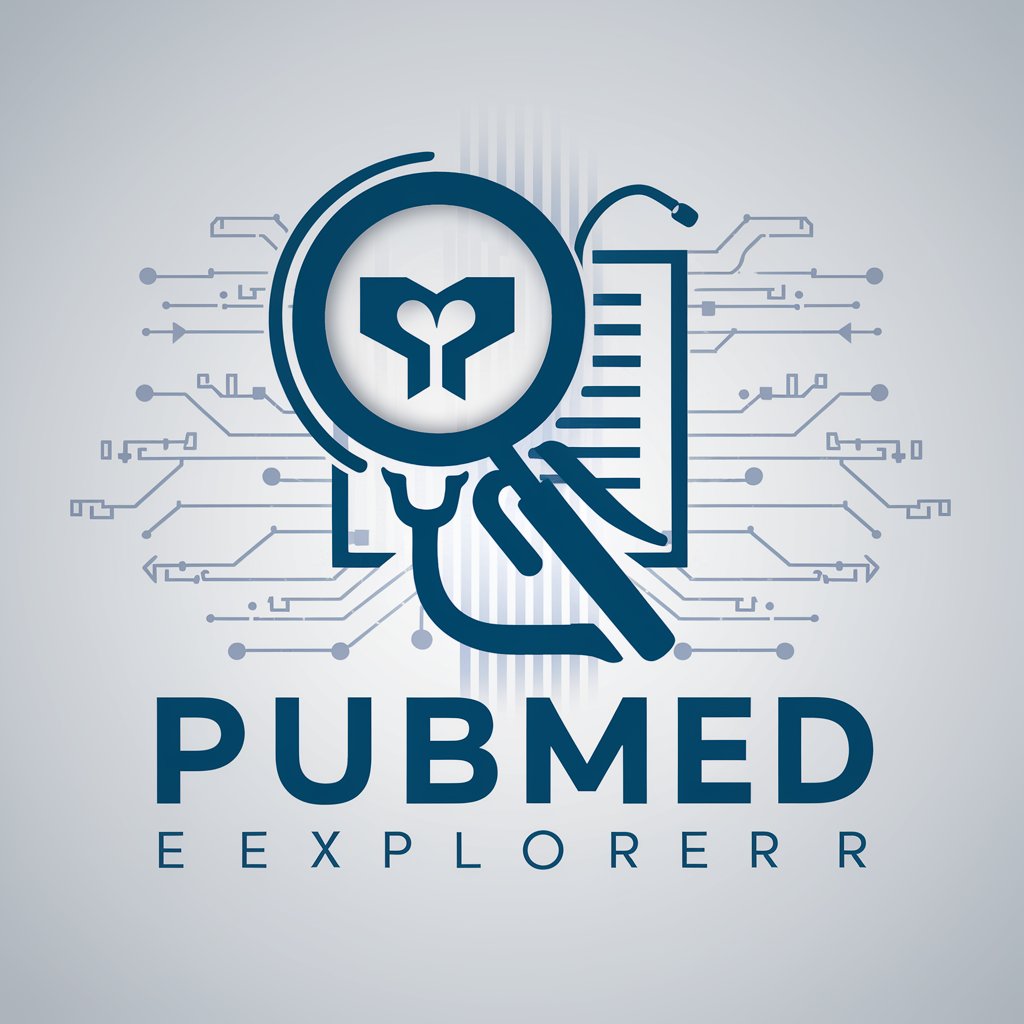
PubMed Research
Empowering Research with AI
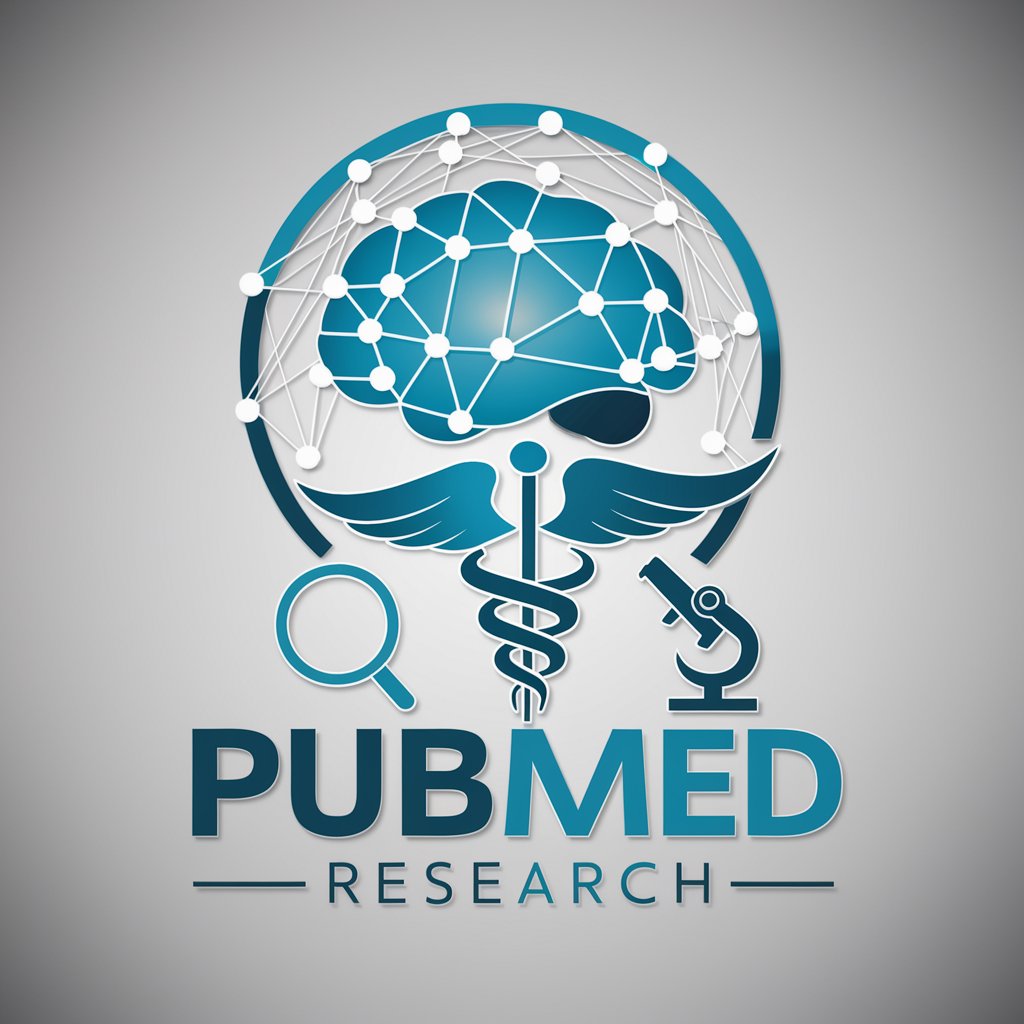
PubMed Explorer
AI-Powered Medical Literature Discovery
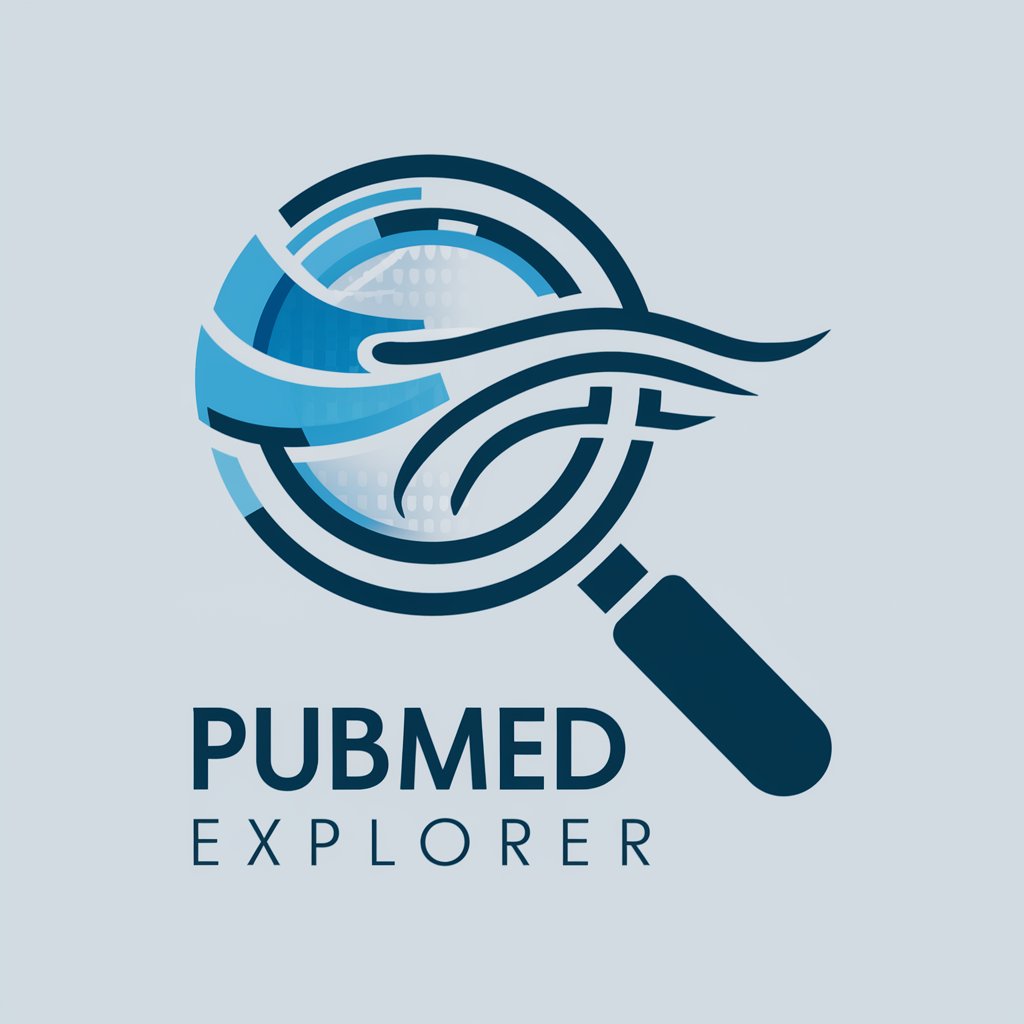
PubMed Pro GPT
Empower Your Research with AI
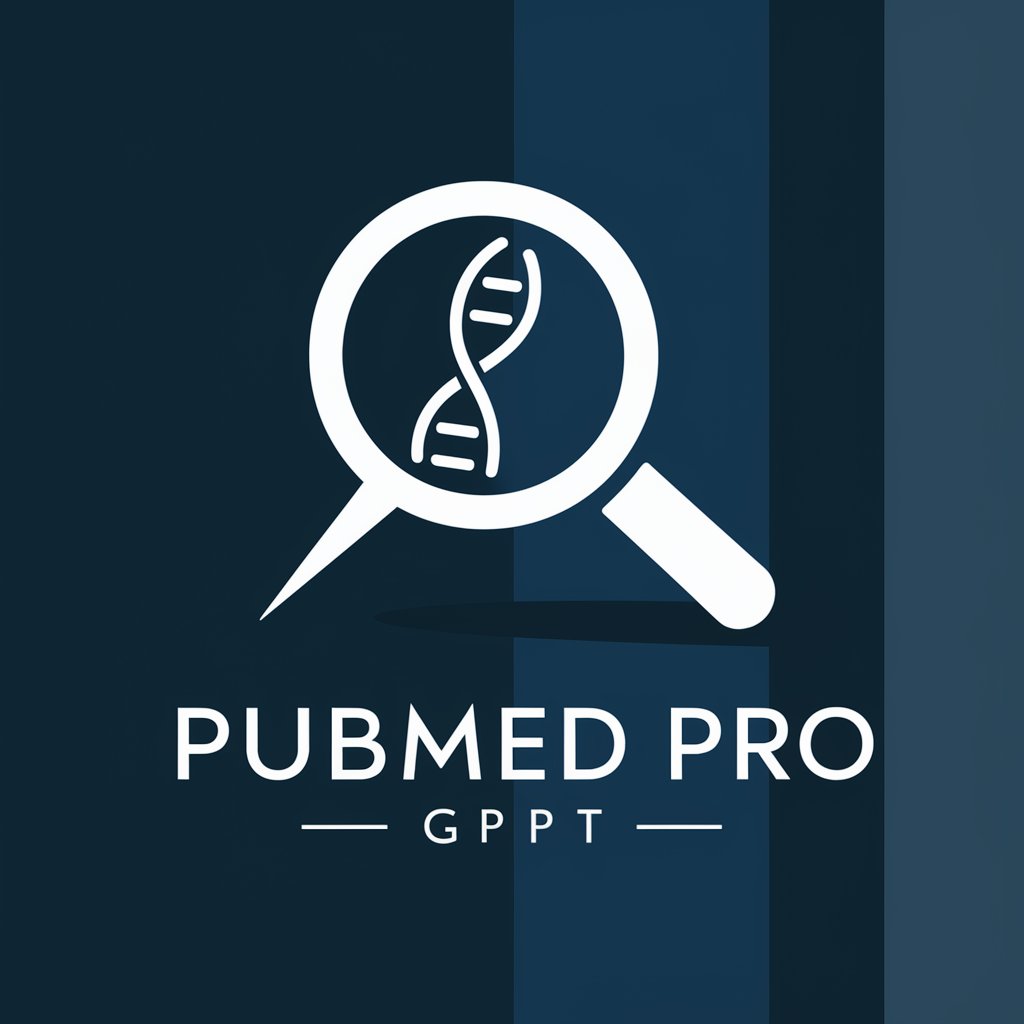
Chem Tutor
Simplifying chemistry, one atom at a time.

Stats Tutor
Empowering your stats journey with AI.

Smart Tutor / Tutor Inteligente
Empowering Learning with AI

Econ Tutor
Empowering economic understanding with AI

MediLingo Tutor
AI-powered Medical English Mastery

Tutor
Empowering your academic journey with AI

Common Questions About PubMed Article Search Assistant
What is PubMed Article Search Assistant?
It is a specialized tool designed to help researchers and academics formulate precise search queries using Medical Subject Headings (MeSH) for comprehensive results in PubMed.
Why should I use MeSH terms in my search?
MeSH terms are standardized keywords that categorize biomedical information, allowing for more precise and comprehensive search results by reducing the variability of natural language.
Can I use this tool without prior knowledge of MeSH terms?
Yes, but having a basic understanding of MeSH terms will significantly enhance your search efficiency and accuracy. The tool can also aid in familiarizing you with MeSH terms.
How does this tool improve my research process?
By providing targeted search strategies and leveraging MeSH terms, it minimizes the time spent sifting through irrelevant articles, ensuring you access the most relevant biomedical information quickly.
Is there a cost associated with using the PubMed Article Search Assistant?
Initial access might be free, especially for trial purposes, but full features may require subscription or access through an institution or research facility that has a subscription.
